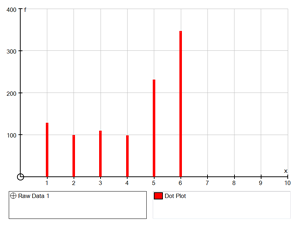This should be understood as distinct from the question of is it possible to predict the outcome of a roll, which seems to be an issue related to intractability and observation?
What I'm really asking is, if quantum indeterminacy is a factor of more than just observational limitations and intractability, where outcomes may be independent of of the prior state of the system, does it affect outcomes in the world of classical mechanics?
My interest is related to certain combinatorial problems, whether random number generation needs to be integrated, and if so, how it might be treated differently from uncertainty arising out of imperfect or incomplete information or intractability.

